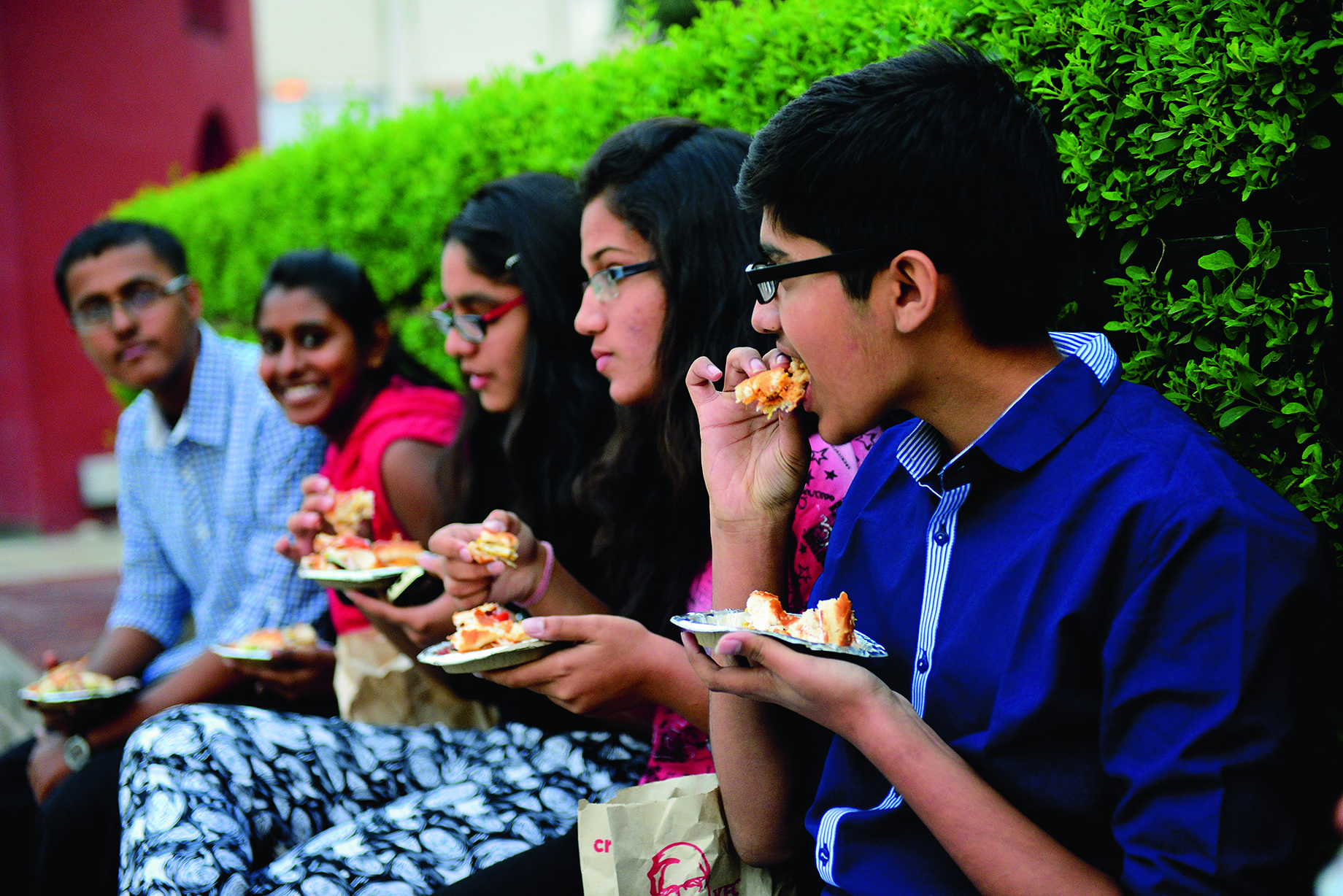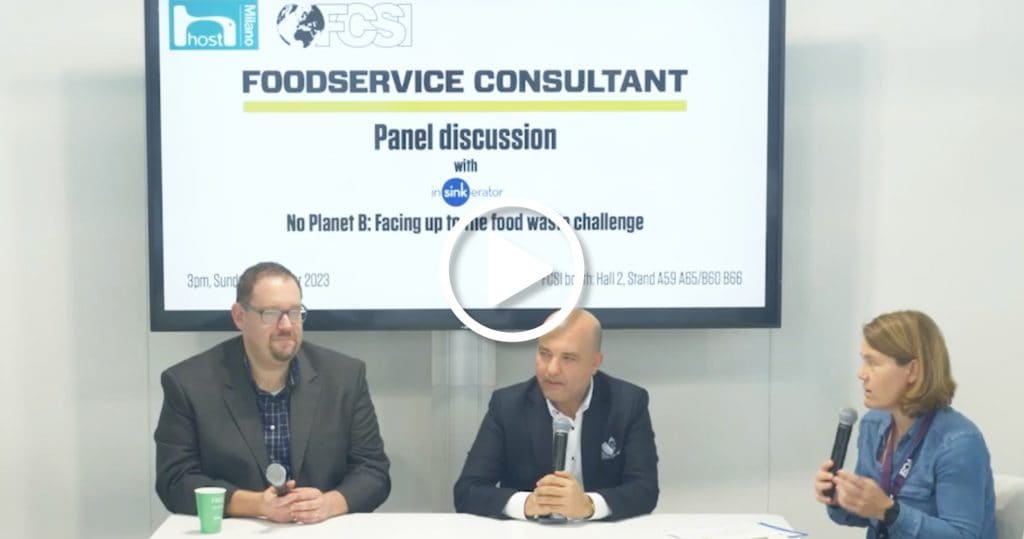
In July, the Kerala government introduced a 14.5% ‘fat tax’ on junk food served in branded restaurants, describing it as a move to tackle India’s obesity problem. The law will be applied to processed foods served in organised fast-food outlets, including international brands such as McDonald’s, Burger King, Pizza Hut and Domino’s.
Kerala’s finance minister Thomas Isaac said the tax would bring in 100m rupees and make people more conscious of their food choices. “People are eating a lot of junk food and rejecting traditional food,” he told the BBC, saying the tax would target the richer, urbanised section of society with more westernised eating habits.
In India, obesity levels have been steadily rising, making India was the third most overweight nation in the world. Campaign group Obesity Foundation India says there are about 30 million Indians who are obese; a number predicted to double in the next five years. In Kerala, 28.1% of women and 17.8% of men in the state are either overweight or obese, a close second to India’s most obese state, Punjab.
“Fast food in India grew at 13% in 2015 in terms of sales value,” says Euromonitor senior analyst for India, Shabori Das. “This growth was higher than 2014 growth rate at 11%, and we can see that consumers like fast food a lot and it is becoming more popular.”
According to the International Diabetes Federation, diabetes is also growing “alarmingly” in India, with more than 65.1 million people suffering with the disease, particularly among middle class teenagers and children.
“As serious as the obesity problem is the problem of diabetes In India,” agrees Rajat Rialch FCSI, principal at HPG Consulting. “The problem is pretty serious in city kids, as junk food is very prominent in cities, and that is combined with a lack of exercise.”
Across India, doctors and medical professionals have voiced their support for the new tax.
“Introducing a ‘fat tax’ can potentially arrest a whole spectrum of junk food-related illnesses such as obesity, hypertension and diabetes,” Dr Pratit Samdani, a physician at Mumbai’s Jaslok Hospital, told the Hindustan Times. “Besides making foods, such as burgers and pizzas, more expensive, it would also remind consumers that what they are about to consume is unhealthy and dangerous.”
“The ‘fat tax’ may not stop children from eating junk food altogether. But there will definitely be a drop in consumption because many parents will put their foot down when it comes to spending more,” Amar Fettle, a senior paediatrician, told The Hindu.
The rise in obesity is a reflection of India’s changing urban habits, which include increasingly sedentary and office lifestyles, a growing number of western foods favoured by teenagers, and a floating population of workers on lower salaries. McDonald’s said it would “study the details of the budget proposals” before making any decisions, although last year the fast food giant had announced plans to double its India outlets to 500 by 2020.
Those less sure about the tax suggest more education would be a better approach. India allocates a far smaller proportion of GDP to health than developed nations, and even other BRIC countries. In Delhi, the Uday Foundation successfully campaigned to get healthy eating guidelines issued in school campuses, and to have western junk food largely removed from schools across the city.
Driven by politics
But critics say that the move has as much to do with politics as health, especially given Kerala’s far-left governing party, and the fact that many Indian snacks are as unhealthy as western counterparts.
“Kerala is being governed by the Communist Party, and as such is anti-capitalism” says Rialch. “But the additional tax is very minimal, so I don’t think that will result in fast food chains not opening.”
Others question the vague wording of the law, and whether any brands with a logo will be affected, or only western chains. While the minister said ‘branded’ restaurants would be targeted, many local restaurants have also introduced their own logos and brands – according to Euromonitor, the fast food market in India is fairly fragmented and mostly run by independents.
There is also some evidence that Indian tastes are starting to change by themselves. A new study from Nielsen into India’s health food market says health and wellness foods are a 103bn rupee market, with an annual growth rate of about 10%. Calling it “a promising segment for manufacturers to tap into”, the study said categories in vogue like oats noodles and green tea promise to drive growth. The study also found that southern Indian states – like Kerala – were the most enthusiastic adopters of health and wellness foods, especially among office workers with rising disposable incomes and a lack of time.
A fat tax has already been tested in European countries, such as Denmark and Hungary, and the UK is considering similar action in the form of a sugary drink tax. This year, Philadelphia became the first city in the US to impose a ‘soda tax’ on sugary beverages.
However, Denmark’s controversial surcharge on foods that contain high levels of saturated fat was abolished in 15 months, and its impact is still being debated. The British Medical Journal noted a short-term result of the tax was that consumption of junk food fell in Denmark by 10% to 15%, but also suggested it was difficult to draw long-term conclusions from this.
In Kerala, however, there are no signs of the government reversing its decision. But most experts see it as a fairly limited experiment that won’t be rolled out across India.
“I don’t think any other state will follow as there has been quite a vocal opposition towards this additional tax,” concludes Rialch. “Every state in India is eyeing investment, and decisions like this can drastically impact the investment atmosphere.”
Helen Roxburgh




